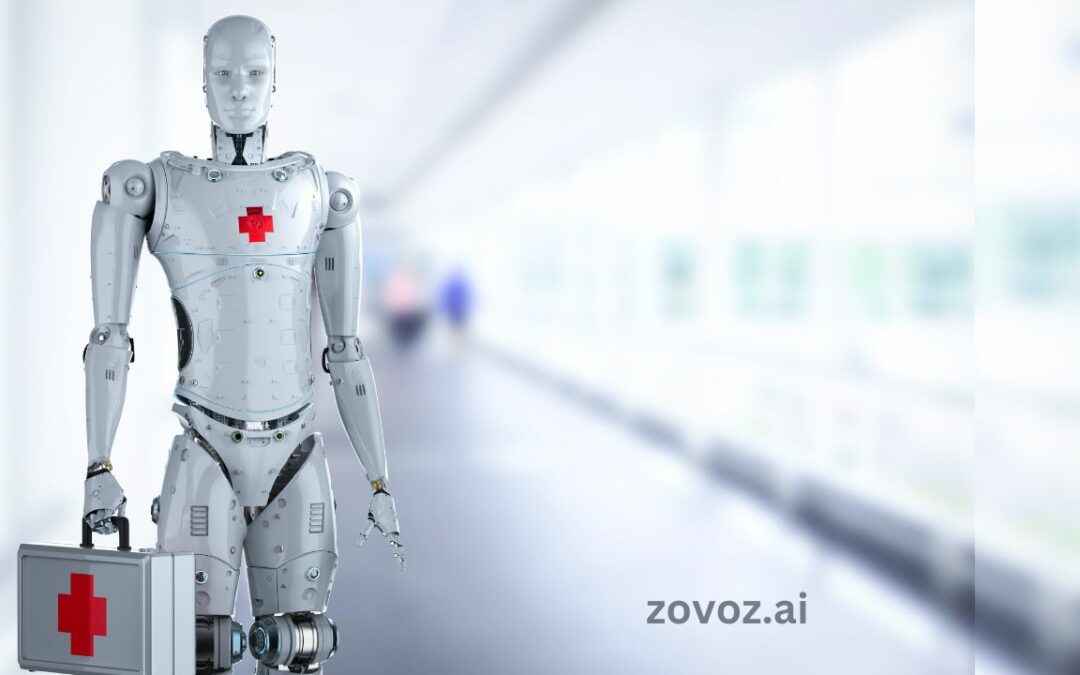In the fast-evolving landscape of healthcare, automation, artificial intelligence (AI), and robotics have emerged as transformative forces that hold the promise of improving patient outcomes, enhancing efficiency, and ultimately revolutionizing the industry. Contrary to common fears, the integration of these technologies is not a threat to healthcare jobs; rather, it is the stagnation in adapting to these advancements that poses a risk.
Automation in healthcare has the potential to alleviate the burden on healthcare professionals by streamlining routine tasks, allowing them to focus on more complex and meaningful aspects of patient care. AI-driven diagnostic tools can enhance the accuracy and speed of disease detection, leading to earlier interventions and better treatment outcomes. Robots are increasingly being utilized for surgeries, assisting surgeons with precision and reducing recovery times. The collaborative efforts of humans and machines can significantly elevate the overall quality of healthcare services.
While these technological advancements promise numerous benefits, the key challenge lies in preparing the healthcare workforce for this paradigm shift. Training programs and ongoing education are essential to empower healthcare professionals with the skills required to effectively collaborate with automation, AI, and robotics. The emphasis should be on developing expertise in managing and interpreting data generated by these technologies, fostering a workforce that can harness the full potential of these innovations.
Furthermore, the integration of automation does not mean a wholesale replacement of human jobs. Instead, it creates new opportunities and roles. Healthcare systems will need professionals who can design, implement, and maintain these technologies. Roles such as AI specialists, data analysts, and robotics engineers will become increasingly crucial in ensuring the seamless integration and functioning of automated systems within healthcare settings.
In conclusion, the impact of automation, AI, and robotics on healthcare jobs is not about job loss but rather about adaptation. The healthcare industry must proactively embrace these technological advancements, fostering a culture of continuous learning and innovation. Automation does not take away jobs; it is the reluctance to evolve and embrace change that poses a threat to the workforce. As we navigate the future of healthcare, it is imperative to view these advancements as opportunities for growth, improvement, and, most importantly, enhanced patient care.
To know how ZOVOZ Medical Robotics help medical professionals evolve in the automation age, feel free to Call or WhatsApp +91-94-95-97-9000.

